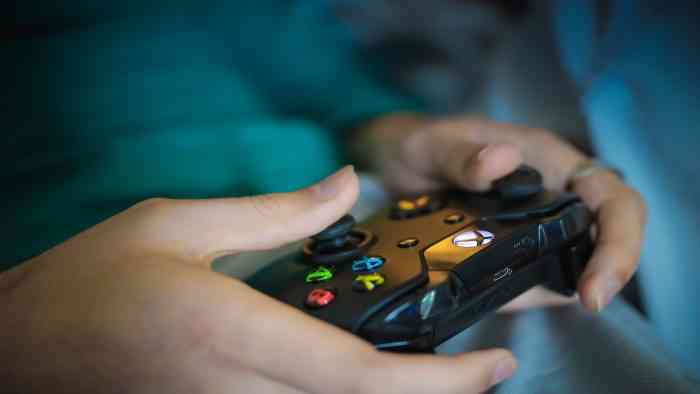Not Everyone Agrees
In the 11th edition of its International Classification of Diseases (ICD), the World Health Organization (WHO) officially qualified “gaming disorder” as a mental health condition. By this point in the article, readers must feel poised to take out their Fortnite pickaxes and crackdown on this announcement. The argument for this new classification is long and complex, but here’s the short of it.

According to Dr. Vladimir Poznyak, member of the Department of Mental Health and Substance Abuse for WHO, the purpose of this new classification is to promote awareness. Health professionals and the appropriate systems must know the addiction exists and how to diagnose it in order to offer proper treatment. A total of three symptoms have been found.
First: “gaming behavior takes precedence over other activities to the extent that other activities are taken to the periphery,” Poznyak said. Second: there’s “impaired control of these behaviors. Even when the negative consequences occur, this behavior continues or escalates.” Third: victims suffer from an overall inability to interact on a personal level with family, education, occupation, etc; this may include “disturbed sleep patterns, like diet problems, like a deficiency in the physical activity.” Ultimately, Poznyak likens gaming addiction behavior to those resulting from substance abuse and gambling addiction.
Unfortunately, the ICD classification opens the door to a potential fallout in which public discourse eviscerates video games for their vague impact on a minority of the population. An impact that is, one might add, negligibly different from any form of entertainment. But we here at COGconnected are no health professionals. That said, there are professionals in the same field who disagree with WHO’s decision. Among them, Anthony Bean, a licensed Psychologist and executive director for non-profit organization The Telos Project.
“It’s a little bit premature to label this as a diagnosis,” Bean said. “I’m a clinician and a researcher, so I see people who play video games and believe themselves to be on the lines of addicted.” In Bean’s experience, gaming is used “more as a coping mechanism for either anxiety or depression.” He goes on to elaborate on how different genres of video games reflect varied attitudes and behaviors of gamers.
You can read at length about WHO’s new classification and the response over at CNN. For now, let us know your thoughts on the decision. Do you believe gaming addiction should be lopped in with other mental health conditions? Comment down below.
SOURCE: CNN